… universal basic income and total surveillance.
Sudan has a transitional government that depends on the goodwill of the United States. What could be more obvious than to use the country for the largest field trial to date, to put an entire population on the digital leash by abolishing cash and providing a general mini basic income.
By Norbert Häring.
For several years now, the World Bank, Better Than Cash Alliance and various UN organizations have been massively promoting and advertising the purely digital transmission of financial aid for the needy in poor countries. Declared goals are cost savings and prevention of corruption and theft, as well as “financial inclusion”. “Financial inclusion” is the real main reason, but not in the harmless meaning of giving everyone the chance to get a bank account, but in the meaning of “bringing everyone into the system”, as the head of Paypal, Dan Schulman, defined it at a Financial Inclusion Forum in Washington in 2015.
The system is the one in which Paypal, Microsoft and Co. can make money with every transaction and, as Microsoft founder Bill Gates made clear at the same event, in which the US government can store, track and if necessary block every transaction.
After India has successfully served as a guinea pig for both the (temporary) removal of cash and the biometric registration of a billion population in a central database, it is now Sudan’s turn. This is a test of how well one can “bring” and control a partially rebellious and fundamentalist population of a large, underdeveloped country with digital charity.
The Better Than Cash Alliance triumphs
The starting point for this research was a tweet from the Better Than Cash Alliance, which praised Sudan’s commitment to accelerate the transition from cash to digital payments. In this alliance, which was established in 2012, the U.S. government, Visa, Mastercard, Citibank and the Bill & Melinda Gates Foundation have joined together as core members to drive the global cash elimination. It works closely with the World Bank-led Consultative Group to Assist the Poor (CGAP), whose core membership overlaps with the Better Than Cash Alliance.
The Better Than Cash Alliance announced in a press release on June 10th with its typical false world improvement pathos:
„As part of its vision to transform its economy, the Republic of Sudan announced today a new commitment to accelerate the transition from cash to digital payments. By joining the United Nations-based Better Than Cash Alliance, the government commits to increasing financial inclusion and transparency, taking steps to build an economy that benefits all citizens. Moving from cash to responsible digital payments is central to the government’s economic recovery and reform strategy.“
Transparency means better monitoring of money flows. Sudan is a country with an economy destroyed by terror, civil war and US sanctions. In this situation, it would be quite courageous to make cash disposal the central pillar of economic policy.
But Sudan ist not doing this voluntarily, but under massive pressure and with a carrot dangling in front of its nose. The carrot has the abbreviation SFSP and is called Sudan Family Support Programme. It is paid by the World Bank. The Better Than Cash Alliance writes about it:
„In particular, digital payments will be critical to the success of the recently announced Sudan Family Support Program, which will provide monthly direct digital transfers to around 80 percent of Sudanese families. „
It will provide 32 million people with a mini basic income. According to an April World Bank document, the World Bank project P173521, called the Sudan Family Support Programme, is due to be approved by the World Bank Board on 16 June. Does the Sudanese Government’s accession to the Better Than Cash Alliance on 10 June have anything to do with this? One can strongly suspect it.
As early as 29 May, the government concluded an agreement with the UN World Food Programme, under which the World Food Programme will provide technical assistance to the Family Support Programme. The Sudanese people are apparently not supposed to know that the money comes essentially from the World Bank and that it is a World Bank project. In any case, the World Food Programme communication and the media reports based on it stated that this was one of the most important undertakings of the transitional government and that it was being financed by the government and partners. Nor did the Better Than Cash Alliance mention the World Bank in its press release. (paragraph 20 inserted)
It is true that the World Bank is rather stingy in its assessment of this basic income. It is supposed to be five dollars per person and month. But the calculation is probably that the people you want to bring into the system are poor enough that five additional dollars a month can motivate most people to participate in this programme.
As usual, the Better Than Cash Alliance calls itself “UN-based” in its press release to give its activities the appearance of belonging to the UN. In doing so, it has used generous donations to persuade only a small, independent UN sub-organisation called UNCDF to set up a secretariat on its own premises.
A blackmailable country with government personnel well known.
The Republic of Sudan has a Muslim background and has a major problem with fundamentalist groups, famine and civil wars. Despite a per capita gross domestic product that is quite respectable by African standards, a large part of the population lives in abject poverty due to the extremely unequal distribution. The USA, together with North Korea, Iran and Syria, leads the country on its list of state terror supporters, which means that it traditionally receives hardly any financial support from international organisations such as the World Bank and the IMF and also from other governments. Since the oil-rich South Sudan split off in 2011, there has been a chronic shortage of foreign exchange.
Last year, after months of protests and demonstrations, first a military coup removed military dictator Omar al-Bashir and then the new junta wrested a joint interim government of protest movement and military which has been in power since September 2019.
The voluntary commitment to abolish cash and the accession to the Better Than Cash Alliance are the work of the interim finance minister Ibrahim Elbadawi. The US-trained economist had previously worked for the World Bank in Washington for many years. Since 2009, he has also been a Visiting Research Fellow at the Center for Global Development in Washington, which is funded primarily by the Bill & Melinda Gates Foundation.
Prime Minister Abdalla Hamdok, a British-trained economist who previously worked for the UN, is Deputy Executive Director of the Economic Commission for Africa.
In December 2019, the thaw in the US-Sudan relationship was reflected in the fact that Prime Minister Hamdok was invited to Washington for a six-day visit, where he met with representatives of the US State Department, as well as the Finance and Defense Departments and the CIA, among others, as well as the resident development agency USAID, core member of the Better Than Cash Alliance, and the entire leadership of the World Bank. (paragraph 19 inserted)
The wallet is slightly opened
Although the US kept Sudan on its terrorist list, the new government received financial support from the US allies Saudi Arabia and the United Arab Emirates and, in the form of the Family Support Program, possibly even from the World Bank. For the government of a country suffering from an extreme shortage of foreign exchange, nearly two billion a year under this programme is a lot of money.
So the government has every reason to play along with the large-scale population monitoring and control experiment that Washington is conducting in the country. Not only because of the money, but above all because of the prospect of being taken off the economically devastating terror list if the experiment succeeds and helps to take away the support of insurgents in the population, to track them down and neutralize them in one way or another.
If it is possible to biometrically register the population in the embattled rural areas, the insurgents’ retreats and bases of operations, and to link them to a mobile phone as a surveillance device, then we will make great progress towards this goal. For example, whenever a rebel is identified, it would then be possible to check with whom he has had telephone contact and who has been near him more frequently. You could make sure that it is known that anyone who has close contact with insurgents will have their monthly payment stopped without hesitation.
Part of a global plan called Universal Basic Income
This field experiment is part of a much larger program of world improvement in the spirit of the Silicon Valley billionaires and their comrades-in-arms in Washington and New York. Under the name Universal Basic Income, they propagate the renunciation of traditional development policies that at least pretend to want to develop countries. Instead, direct digital payments to the mobile phones of the poorest people should save them from starvation and ensure that they stay or go where you want them to.
A Harvard University project called GiveDirectly, sponsored by the World Economic Forum and the World Bank, among others, has already had some success in redirecting donations from well-meaning people, from so-called philanthropists and from governments and international organizations away from the previous project aid to this new type of aid in the form of isolated alms.
The supporters of GiveDirectly overlap strongly with those of the cash removal campaign. This is not surprising, given that the two projects complement each other perfectly in terms of the goal of “bringing everyone into the system” and thus improving the monitoring and control of the world’s population.
More on the subject:
Die wichtigsten Strippenzieher der globalen Kampagne gegen das Bargeld
Australien führt Sozialhilfeempfänger am digitalen Gängelband und macht die wahre Fratze der bargeldlosen Gesellschaft sichtbar
„Finanzielle Inklusion“, Code für Bargeldabschaffung in Entwicklungsländern, und was davon zu halten ist
+++
Thanks to the author for the right to publish.
+++
Image source: Vlad Karavaev / shutterstock
+++
KenFM strives for a broad spectrum of opinions. Opinion articles and guest contributions do not have to reflect the views of the editorial staff.
+++
KenFM now also available as a free app for Android and iOS devices! Via our homepage you can visit the stores of Apple and Google. Here is the link: https://kenfm.de/kenfm-app/
+++
Support us with a subscription: https://www.patreon.com/KenFMde
+++
You like our program? Information about further support possibilities here: https://kenfm.de/support/kenfm-unterstuetzen/
+++
Now you can also support us with Bitcoins.

BitCoin address: 18FpEnH1Dh83GXXGpRNqSoW5TL1z1PZgZK

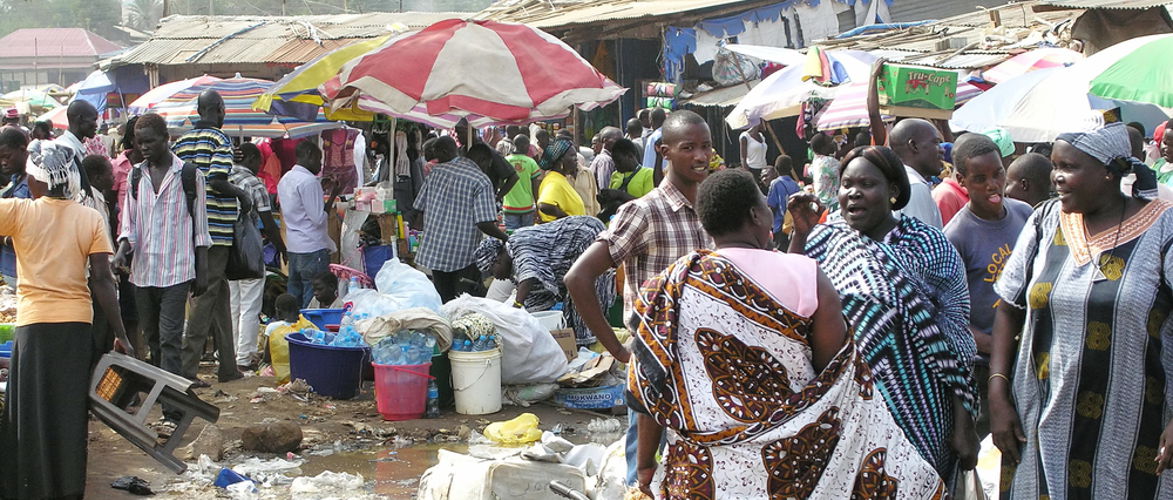
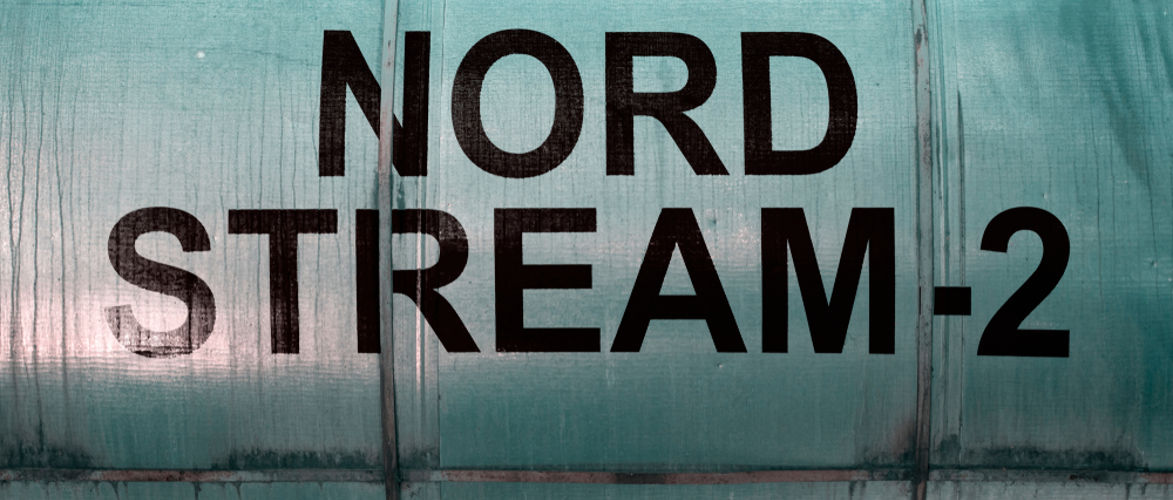
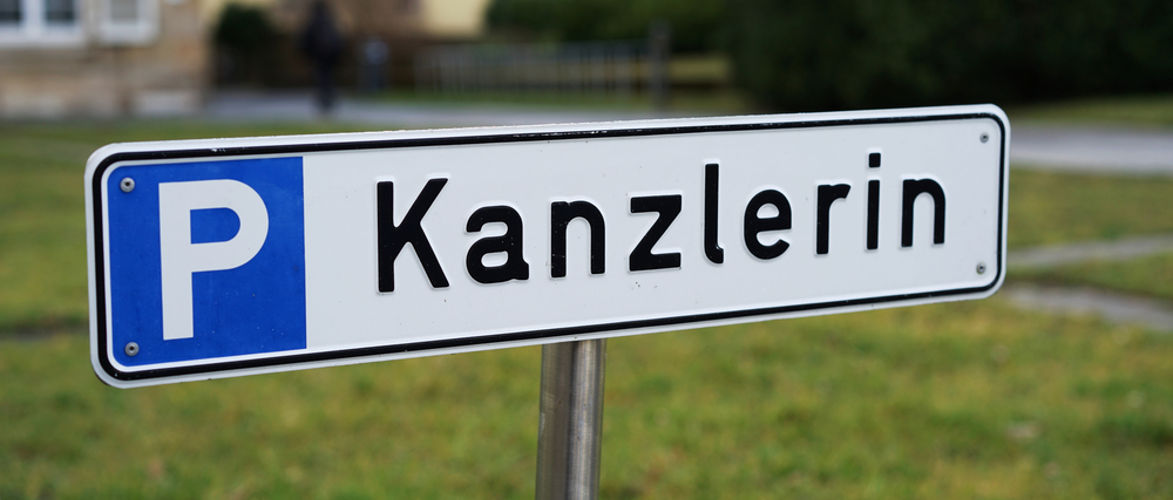
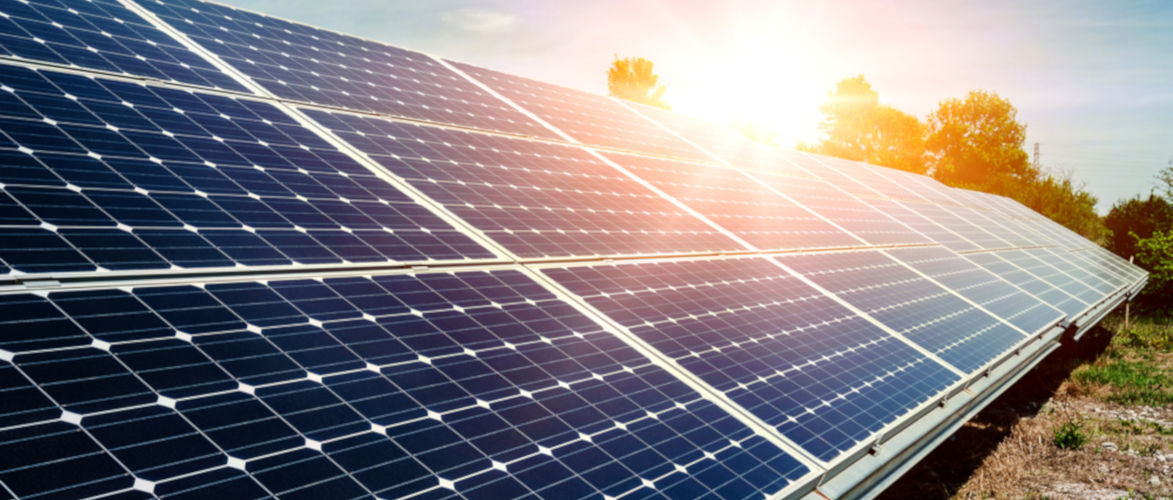
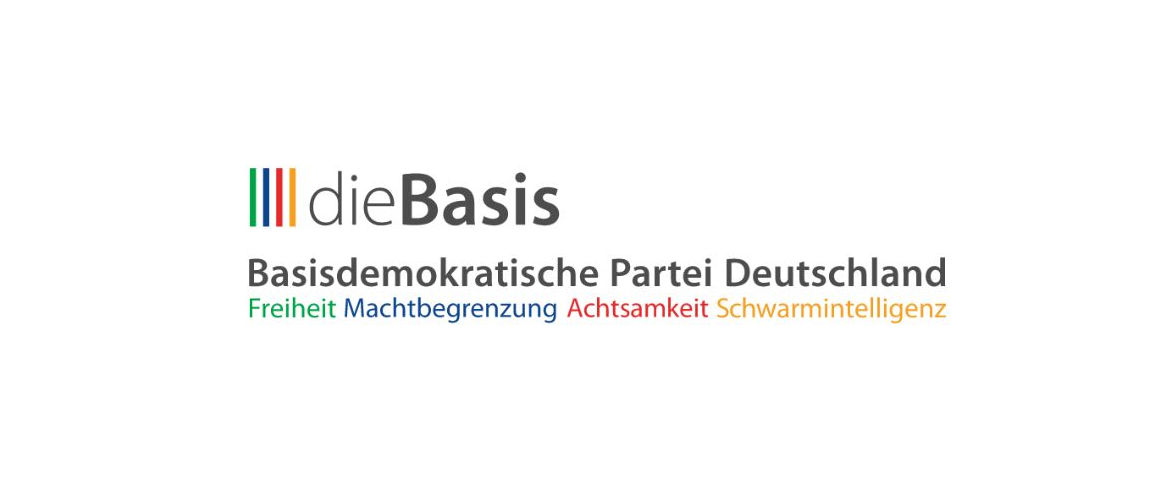
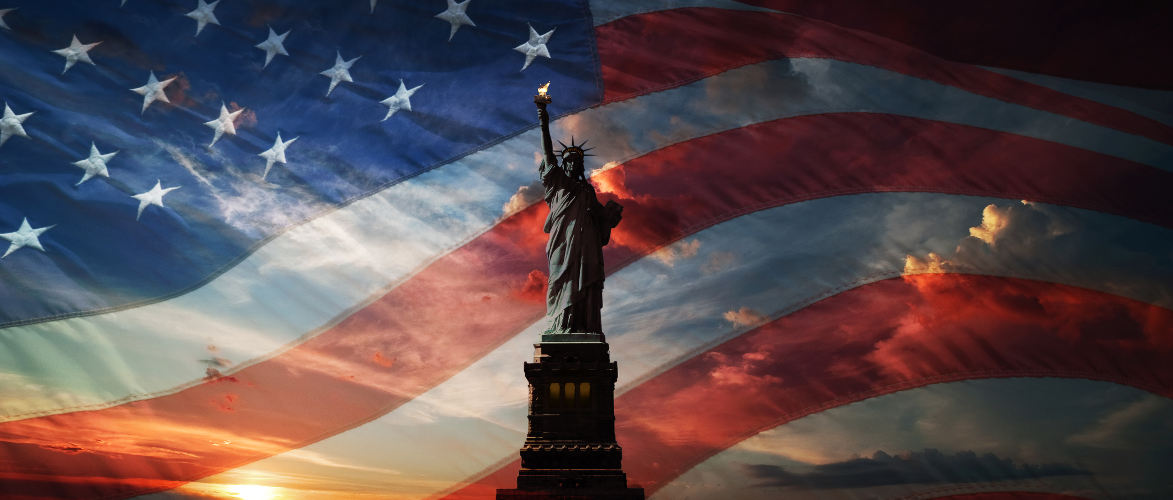
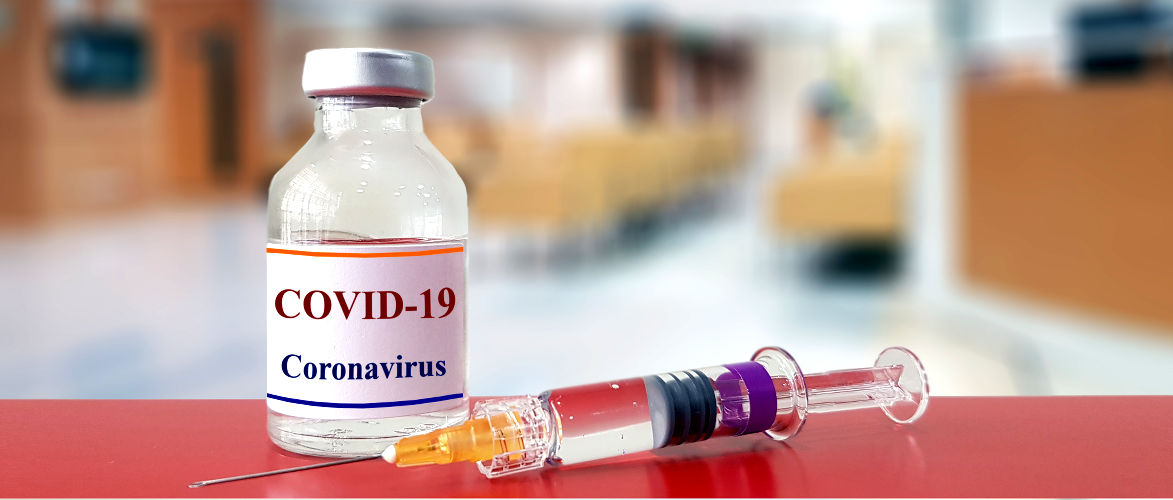

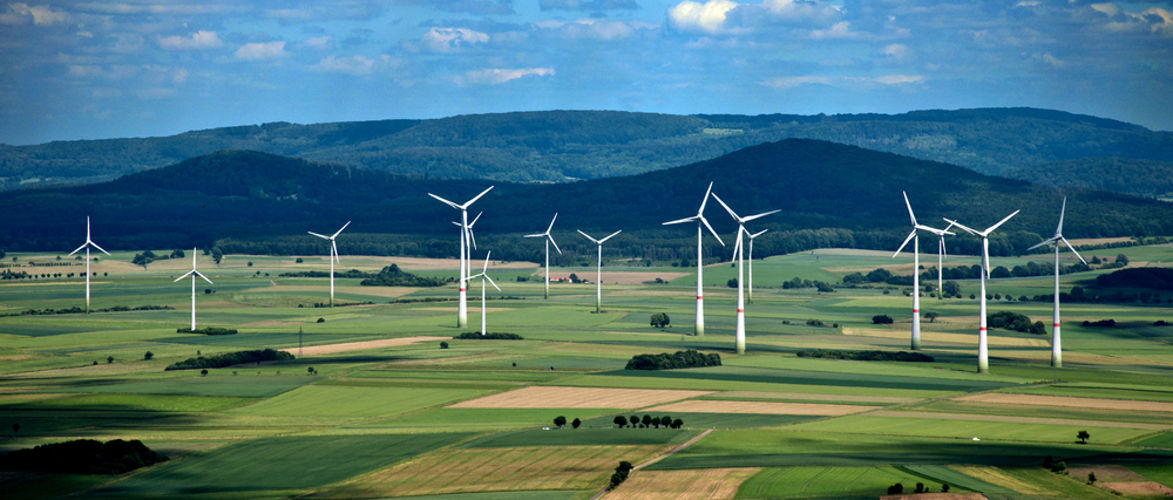
Kommentare (0)